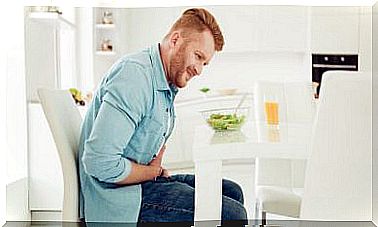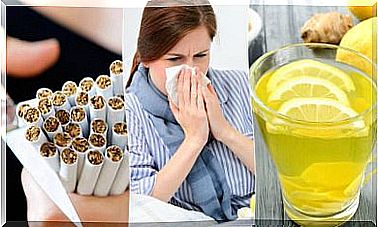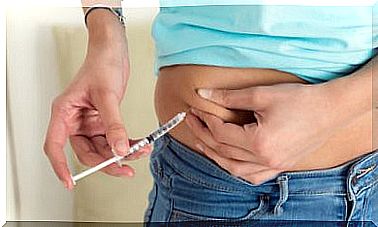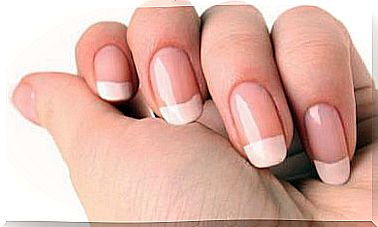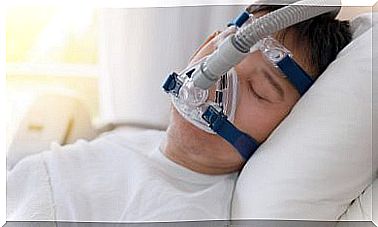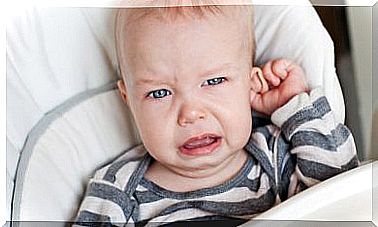How To Prevent A Cold In A Baby
There is no completely effective way to prevent a cold in a baby; Despite this, there are some basic care that can help minimize the risk of infection.
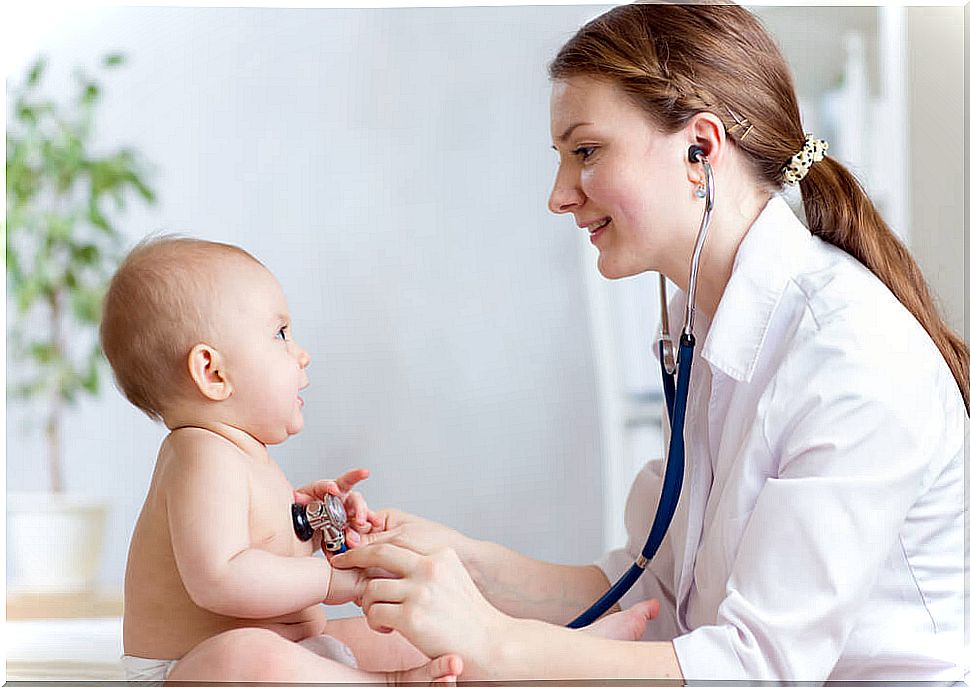
To prevent a cold in a baby, you just have to take into account some basic care. Although it is impossible to avoid exposure to viruses 100%, some recommendations can be very useful to minimize the risk, especially on cold days.
It is important to consider that the baby’s immune system is delicate and not yet fully developed. Therefore, being around sick people or staying in risky environments can trigger the characteristic symptoms of this disease.
The most worrying thing is that respiratory difficulties carry some complications, since the baby does not get a good rest and is susceptible to diseases of greater care such as bronchitis or pneumonia. What are the measures to prevent a cold in a baby?
Symptoms to recognize a cold in a baby
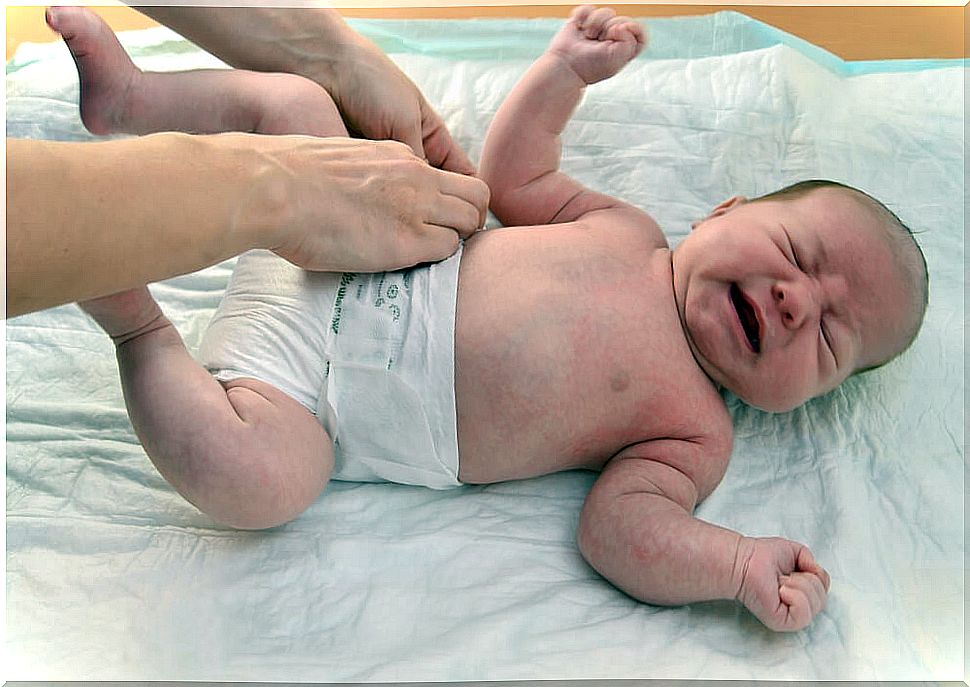
The symptoms of a cold in a baby can be similar to those of the flu or other respiratory diseases. However, they usually pass without a high fever. Although they require attention, they do not represent something serious. The most common include:
- Transparent mucus that, with the days, acquires a yellowish or greenish color.
- Constant sneezing
- Mild sore throat
- Loss of appetite
- Sleeping problems.
- Heavy breathing or wheezing.
- General decline.
- Soft cough
- Diarrhea and vomiting
Tips to prevent a cold in a baby
The recommendations for preventing a cold in a baby are easy to apply and have to do with lifestyle. Although they cannot prevent all colds, they do manage to reduce the number of infections throughout the year. Below we review the most important:
1. Breastfeed
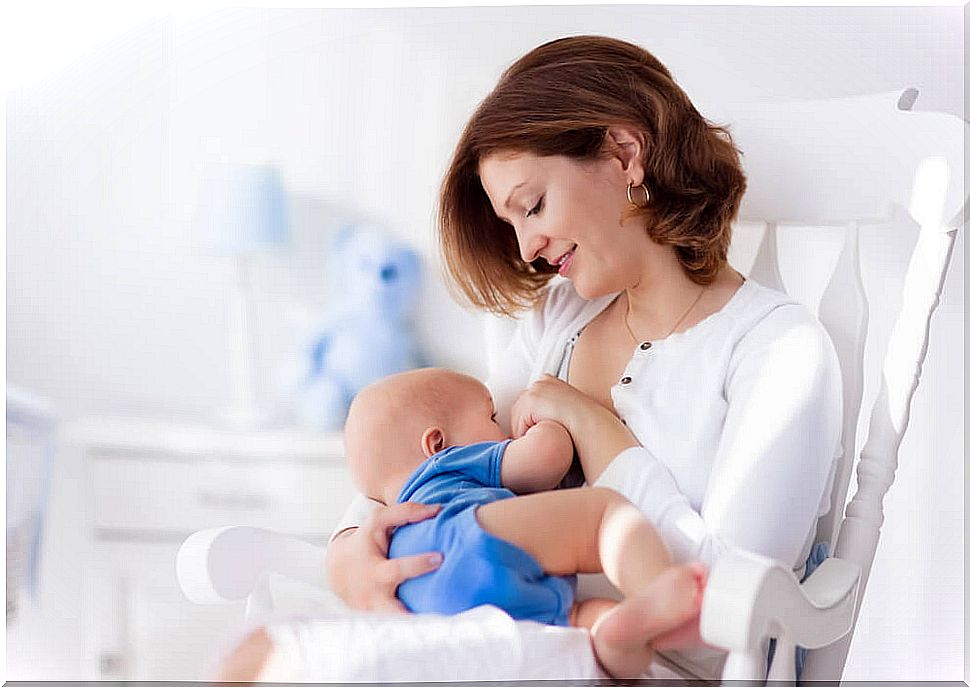
Breastfeeding is one of the best natural solutions to strengthen the defenses of babies. Therefore, consistent eating is key to preventing colds. In fact, breast milk contains antibodies that create a barrier against germs.
2. Avoid contact with sick people
As far as possible, try to avoid the baby having contact with a person who has the flu or a cold. Since the risk of contagion is high, exposure to the same environment can trigger the disease.
3. Keep the baby warm
Sudden changes in temperature are a risk factor for childhood respiratory diseases. Therefore, to prevent a cold in a baby , a regular temperature should be maintained, preferably warm. Of course, you should not overcoat.
4. Feed him in a healthy way
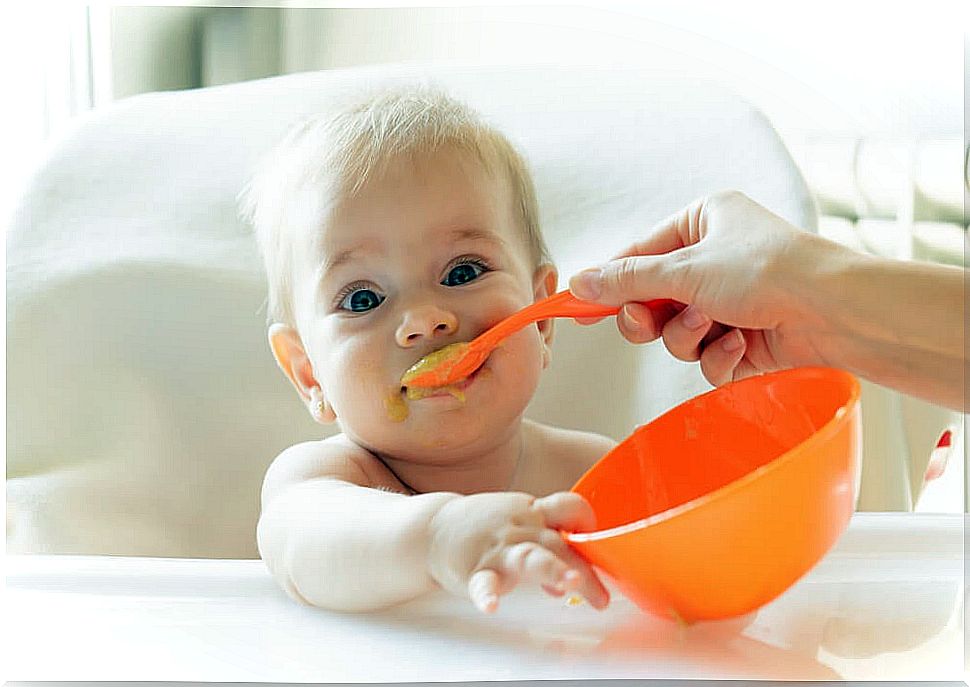
If the baby is already in the stage where he can begin to eat, fruits and vegetables can be given to help prevent illness. In this particular case, those that provide vitamin C, which are key to immune health, are recommended.
5. Wash your hands frequently
One of the most effective measures to prevent a cold in a baby is to wash your hands constantly, especially before having any contact. Also, keep in mind that your hands touch many surfaces that can contain germs. Therefore, they are a main route of infection.
6. Avoid closed places
In times of colds it is better to avoid closed places such as shopping centers, restaurants or day care centers. The environments of these places facilitate the spread of viruses, as there may be one or more sick people.
7. Ensure good hydration
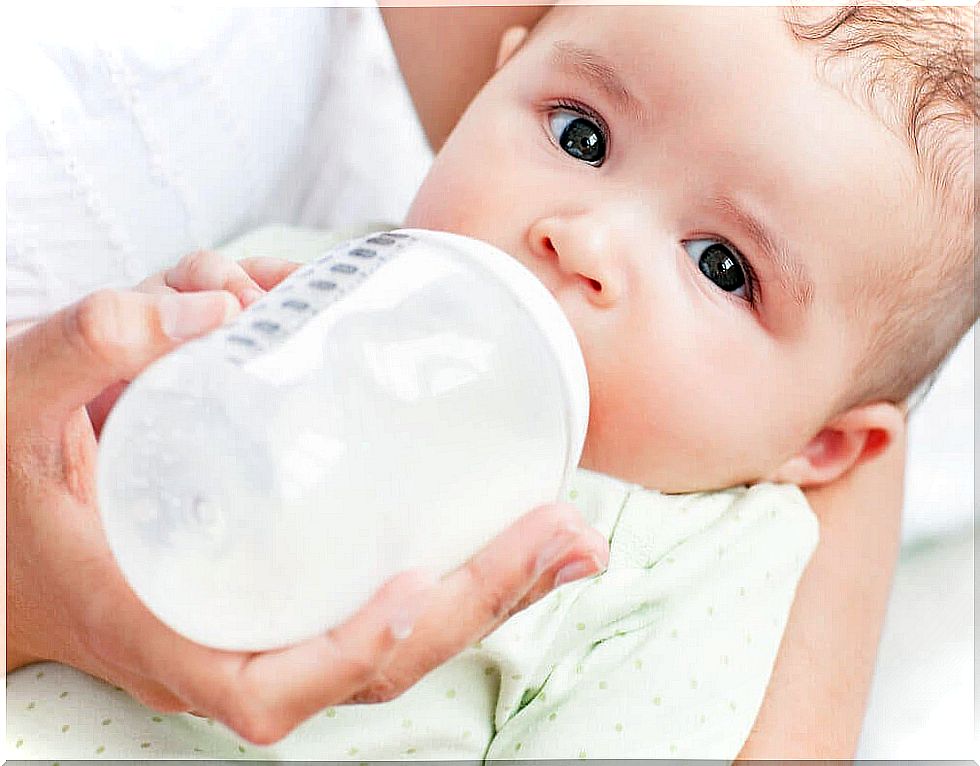
During the first six months of life, breast milk or formula guarantees optimal hydration. However, after this time, it is essential to incorporate other hydrating drinks such as water or fruit juices.
8. Avoid tobacco smoke
Cigarette smoke is one of the worst enemies of the respiratory health of babies. Therefore, when parents smoke indoors there are more risks of colds, bronchitis and respiratory failure. It is recommended to avoid any exposure to tobacco smoke.
9. Ventilate the home
The air in the home needs to be “renewed” as it can accumulate harmful particles and viruses that affect health. Consequently, it is essential to open doors and windows several minutes of the day, and to practice good general hygiene to remove dust.
10. Avoid medication
Medication without pediatrician supervision can have negative effects on the baby’s health. It is not correct to administer medication at the first sign of a cold. In fact, many professionals suggest other care before resorting to drugs.
Preventing a cold in a baby: final comments
Do you notice any of the cold symptoms in your baby? Monitor him constantly and take his temperature. However, if there is a fever or other warning signs, see your doctor because it could be a complication. Finally, remind yourself that you should not medicate your baby on your own.
